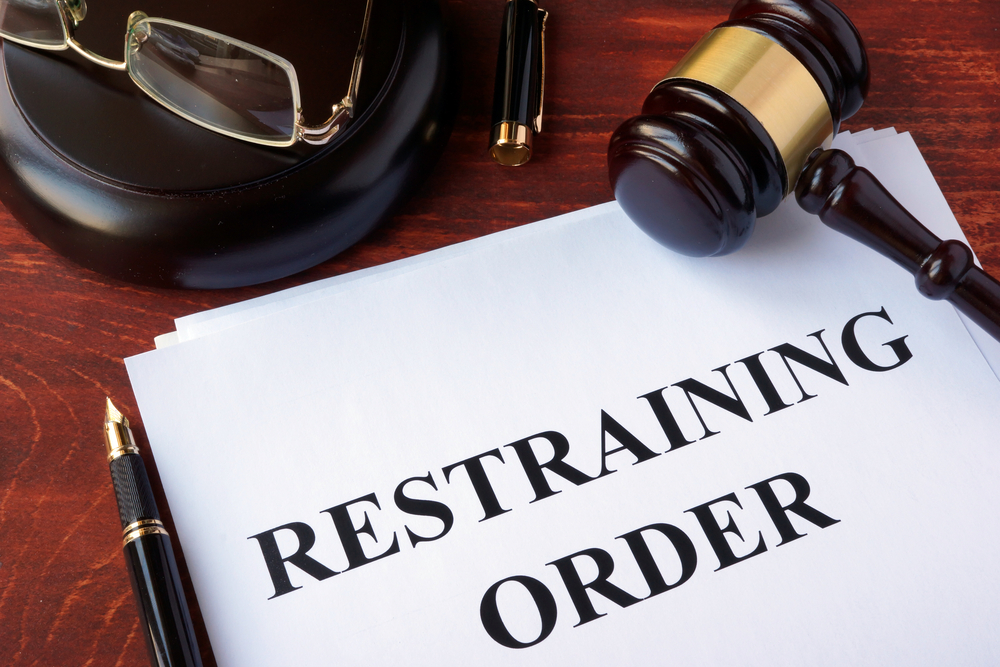Free Consultations: 630-427-4407
Navigating divorce can be a challenging journey, blending emotional upheaval with intricate legal considerations. In Illinois, the unique legal provisions make it particularly imperative to be well-acquainted with the state’s guidelines concerning marital dissolution. To effectively tread the path of divorce in Illinois, one must be conversant with the legal landscape that shapes it.
At the heart of Illinois’s divorce procedure is the Illinois Marriage and Dissolution of Marriage Act (IMDMA). This exhaustive statute outlines the privileges, duties, and practices tied to marriage and its termination. From establishing the grounds for divorce to addressing child custody, financial responsibilities, and asset division, the IMDMA is comprehensive.
The IMDMA has seen numerous modifications over time, reflecting the changing societal views and practices surrounding marriage and divorce. Modern amendments have paved the way for changes like transitioning Illinois into a no-fault divorce state. This transition implies that there’s no need to present evidence of wrongdoing such as adultery or abandonment. Instead, “irreconcilable differences” serve as the primary reason for seeking divorce. Further, the language has evolved in areas like child custody, now termed “allocation of parental responsibilities”, to emphasize the collaborative nature of parenting.
These changes underscore Illinois’s forward-thinking approach to marital laws and highlight the necessity of staying current. Whether you hail from Elmhurst or the wider regions of DuPage, Will, or Cook Counties, familiarizing yourself with the IMDMA’s contemporary adaptations is vital.

To adeptly maneuver the complexities of divorce in Elmhurst and throughout Illinois, a solid grasp of legal jargon is essential. Here are some pivotal terms:
These terms form the foundational framework of the divorce procedure in Elmhurst and wider Illinois.
Beyond just ending a marriage, divorce in Illinois touches upon several interconnected legal issues:
Diving into a divorce in Illinois demands knowledge of the steps involved:
The importance of having sound legal advice in navigating these steps cannot be overemphasized.
The timeframe for divorce in Illinois varies. Uncontested divorces, where both parties concur on all issues, are usually swift. In contrast, contested divorces, laden with disagreements, can be protracted. Various factors, including the parties’ willingness to compromise and the court’s schedule, influence the duration.
In Illinois, although “irreconcilable differences” dominate as the chief reason, fault-based grounds can be introduced, influencing certain outcomes.

Illinois provides different types of protection orders:
Breaching these orders can lead to grave legal repercussions, including jail time, legal fines, probation, a criminal record, and more.
For those in Elmhurst pursuing divorce, the right legal counsel is crucial. Seek a lawyer with extensive experience in family law and a transparent communication style. It’s also vital to understand their fee structure, which might be based on retainers, hourly billing, or occasionally, flat rates.
If you are contemplating a divorce or have received divorce documentation, reach out to our seasoned divorce and family law attorneys promptly. For compassionate, dedicated, and skilled legal support, get in touch with our SBK Law Group at 630-427-4407. Though the road ahead might seem uncertain, with adept legal guidance, you can approach it with assurance.
Contemplating a divorce or have you been served with divorce papers? If so, it’s crucial to consult with our seasoned legal professionals as soon as possible. For caring, dedicated, and experienced legal assistance, contact our Elmhurst attorneys at 630-427-4407. Your future might be uncertain, but with the right legal ally, you can face this challenge with confidence.